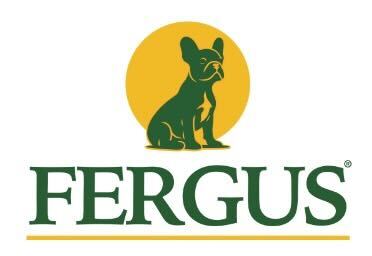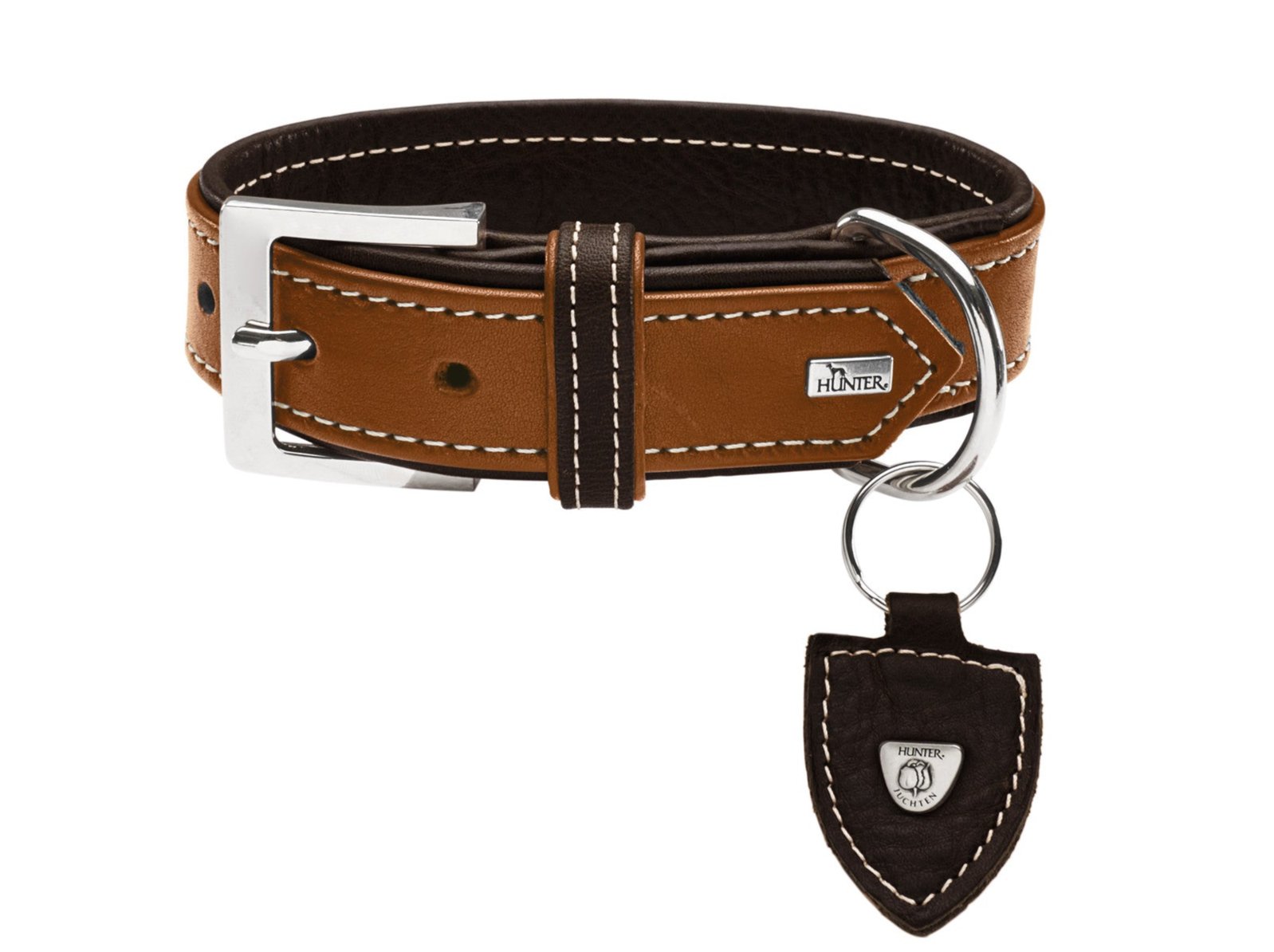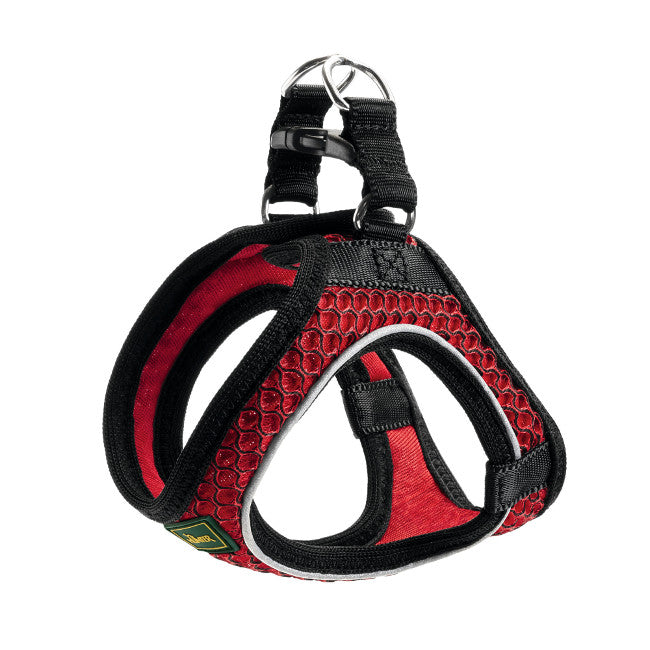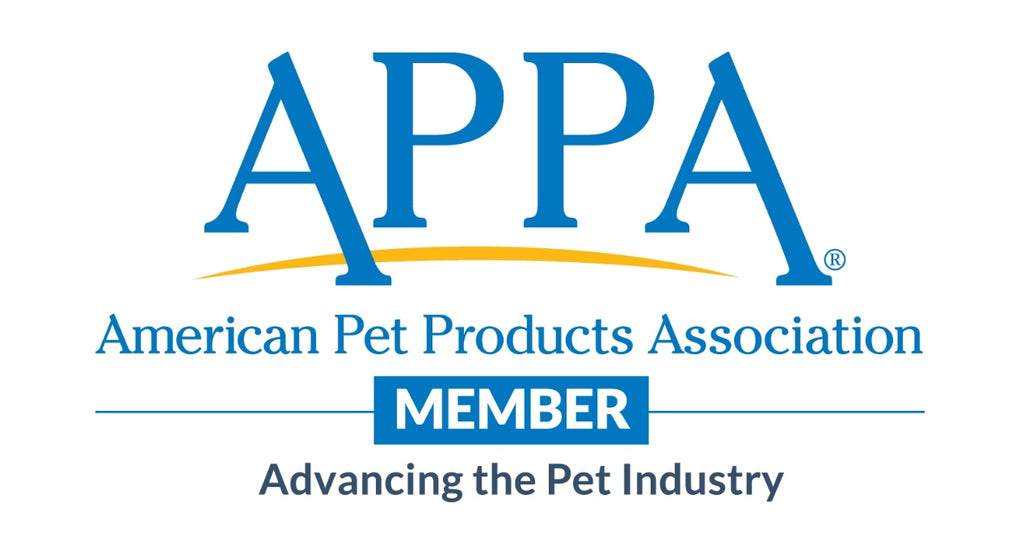All you wanted to know about dog allergies
Even your cute pet can get allergy these days and it's extremely important to treat it right! How to recognize an allergy, what to do if your dog has an allergic reaction and what food and products should you choose?

Three very common allergies in dogs include flea allergy, food allergies and environmental allergies. Treating your dog's symptoms is only a temporary fix. It's extremely important to find what really is the cause of such allergic reaction.
If your dog seems to have an allergic condition, it's important to get an appointment with your vet as soon as you can. We do not recommend to start a treatment with some anti-allergy drugs, antibiotics or anti-viral medications right away. Relieving symptoms without addressing the source of the problem is a short term fix to what can become a lifelong health problem. There are safer ways to relieve your dog's symptoms than pharmaceuticals.

Tips to relieve the suffering of your allergic dog
1) Flea allergy dermatitis
When fleas feed, they inject a small amount of saliva into the skin. It is the antigens or proteins in the saliva that cause an intensely itchy response to sensitive dogs. It's important to bath your dog often to kill the fleas and bacteria and to prevent this kind of allergy. Pick a shampoo from our HUNTER Collection for the best results.
2) Food allergies
If your dog has an allergy to something he's eating, it may show itself not only as a digestive upset (gas, diarrhea, vomiting, etc.), but also as one or several of these symptoms - itchy skin, coughing or sneezing, red and irritated eyes, swollen paws or inflamed ears. Your pet can be allergic to ingredients as beef, corn, wheat, soy, eggs and/or milk, which are the most common antigens for dogs. Take a test at your vet to find out what is your pet allergic to.
3) Environmental allergies
Pets can be very sensitive to their environment. Here are few tips what to change in your house to keep your pet safe and feel better:
- Clean up your pet's indoor air environment. Consider investing in an air purifier to control dust mites.
- Don't allow smoking around your pet.
- Switch to non-toxic cleaning products.
- Make sure your dog's drinking water is high quality and doesn't contain fluoride, heavy metals or other contaminants.
- Don't let your dog get over-vaccinated or over medicated. Vaccines mess up your pet's immune system – too many vaccinations can send him into overdrive. An over-reactive immune system sets the stage for allergic conditions.
Stay safe and well!








Leave a comment